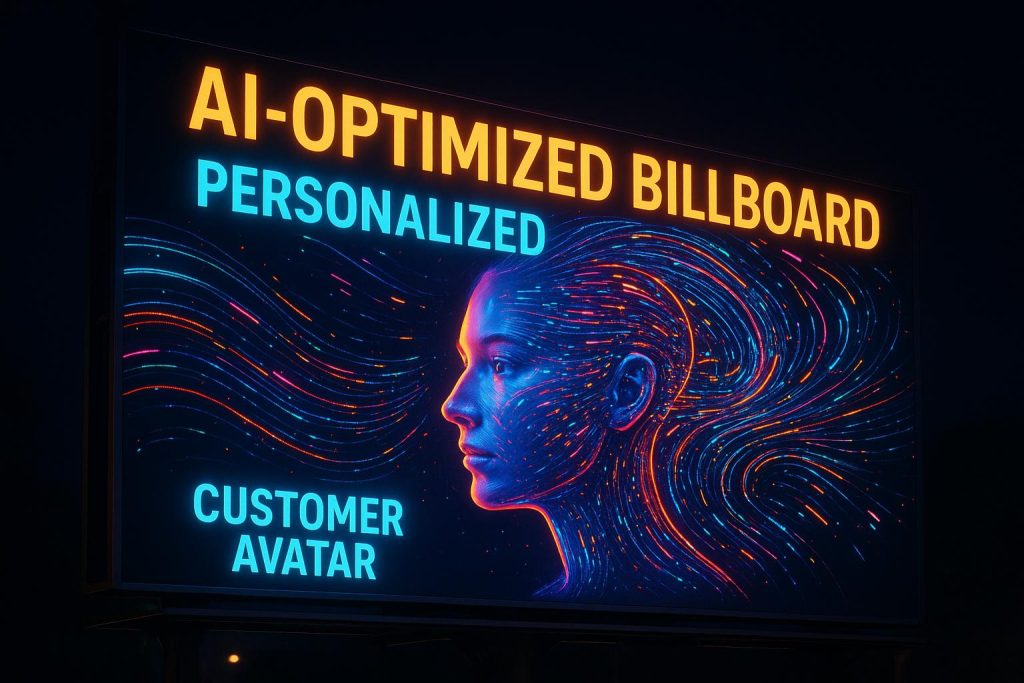Listen to the article
Businesses are increasingly leveraging artificial intelligence to transform marketing efforts, delivering highly personalised customer experiences and gaining a competitive edge amid evolving market demands, despite facing implementation challenges.
In today’s fiercely competitive business landscape, the adoption of Artificial Intelligence (AI) in marketing has shifted from a luxury to a necessity. Businesses, ranging from startups to global enterprises, are turning to AI-driven technologies to optimise marketing campaigns, personalise messaging, and boost return on investment (ROI). By leveraging data-driven insights, automation, and predictive analytics, AI empowers marketers to make smarter strategic decisions and engage audiences more effectively.
AI-powered marketing is revolutionising how companies understand and interact with their customers. Through real-time analysis of vast datasets, AI identifies customer preferences, anticipates purchasing behaviour, and delivers tailored experiences. This capability spans various marketing functions—from crafting targeted email campaigns and optimising social media advertisements to providing product recommendations—leading to enhanced efficiency, reduced operational costs, and improved customer satisfaction.
At its core, AI in marketing combines machine learning, natural language processing (NLP), predictive analytics, and sophisticated algorithms to automate and refine marketing efforts. Unlike traditional approaches that depend heavily on manual research and intuition, AI utilises large volumes of data to create personalised and contextually relevant experiences. Key features include automation of repetitive tasks, predictive insights to forecast trends and customer actions, personalised content delivery, chatbot-driven real-time customer interactions, and consolidated data analytics across multiple channels.
The applications of AI in marketing are diverse and impactful. Customer segmentation and targeting are enhanced by AI’s ability to categorise audiences based on demographics, behaviours, and purchase history, enabling hyper-targeted campaigns that improve ad relevance and conversion rates. Personalisation engines dynamically customise content and product recommendations, as exemplified by platforms like Netflix and Amazon. Additionally, AI expedites content creation by generating blog posts, ad copy, and social media content while maintaining a consistent brand voice. Conversational AI, such as chatbots, offers round-the-clock engagement and lead qualification, exemplified by Sephora’s virtual assistants. Predictive analytics forecast campaign outcomes and customer needs, aiding in resource optimisation. Marketing automation streamlines execution, from automated emails to real-time ad bid adjustments. Sentiment analysis tools help brands monitor public perception and respond proactively, while AI-driven pricing and ad optimisation balance competitiveness with profitability.
The benefits of integrating AI into marketing strategies are substantial. Enhanced customer experience emerges from finely tuned personalisation, leading to greater loyalty and satisfaction. Operational efficiency grows as AI automates time-consuming tasks, reducing errors and freeing marketers to focus on creative strategy. AI’s ability to process extensive data sets delivers actionable insights that improve targeting accuracy and campaign outcomes. Businesses can reduce costs by minimising wastage through precise audience targeting and optimising budgets. Furthermore, AI facilitates real-time decision-making, allowing marketing strategies to adapt swiftly to evolving market conditions, improving competitiveness. Companies embracing AI also gain a strategic edge by differentiating through superior customer experiences and advanced data capabilities.
However, implementing AI in marketing is not without challenges. High initial investment costs for AI platforms, infrastructure, and ongoing maintenance can deter smaller firms. Data quality and availability remain critical, as poor or siloed data undermines AI accuracy and campaign effectiveness. Recruiting or training staff with specialised AI and data science expertise is essential but can be resource-intensive. Workforce adaptation presents another hurdle, requiring change management and education to integrate AI tools effectively without resistance. Ethical and privacy concerns, including regulatory compliance with laws like GDPR and CCPA, demand transparent data handling and algorithmic fairness to maintain customer trust. Integration complexities may arise when embedding AI into legacy marketing systems, necessitating phased approaches and expert guidance.
Looking ahead, the future of AI in marketing promises even deeper transformation. Hyper-personalisation will deliver ultra-tailored experiences at scale, using dynamic content and predictive offers to anticipate customer needs. Advances in predictive analytics will further refine lead scoring, campaign forecasting, and trend prediction. Conversational and voice-activated AI will expand, enabling seamless, multilingual customer interactions across diverse platforms. AI-driven visual and video marketing will create more engaging, personalised multimedia content, while integration with augmented and virtual reality (AR/VR) will offer immersive brand experiences such as virtual try-ons and interactive advertisements. Real-time marketing automation will perfect cross-channel synchronisation and instantaneous personalisation. Ethical AI practices will become paramount, ensuring transparent operations, bias mitigation, and adherence to privacy regulations, thereby enhancing brand reputation and consumer trust.
In sum, AI is reshaping marketing by enabling more intelligent, efficient, and personalised customer engagement that drives measurable business results. While challenges exist, strategic investment in AI technologies, skilled personnel, and ethical frameworks will prove indispensable for companies aiming to thrive in the digital future. Collaboration with AI specialists or development firms can facilitate successful AI integration, helping businesses unlock the vast potential of intelligent marketing solutions and achieve sustained competitive advantage.
📌 Reference Map:
- Paragraph 1 – [1], [2], [3]
- Paragraph 2 – [1], [4]
- Paragraph 3 – [1], [3]
- Paragraph 4 – [1], [7], [4]
- Paragraph 5 – [1], [2], [7]
- Paragraph 6 – [1], [3], [7]
- Paragraph 7 – [1], [2], [5], [6]
Source: Noah Wire Services



